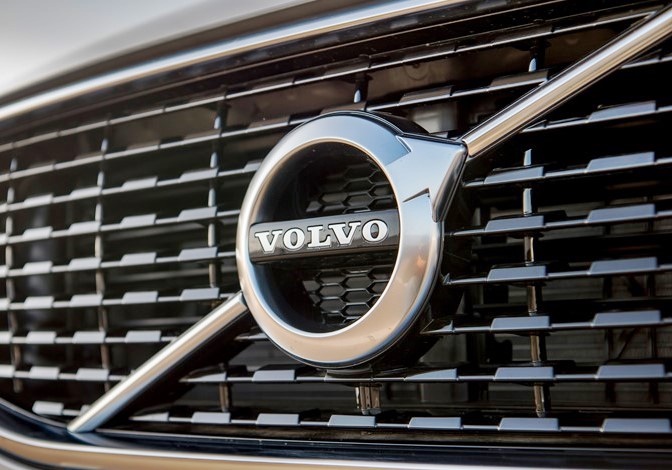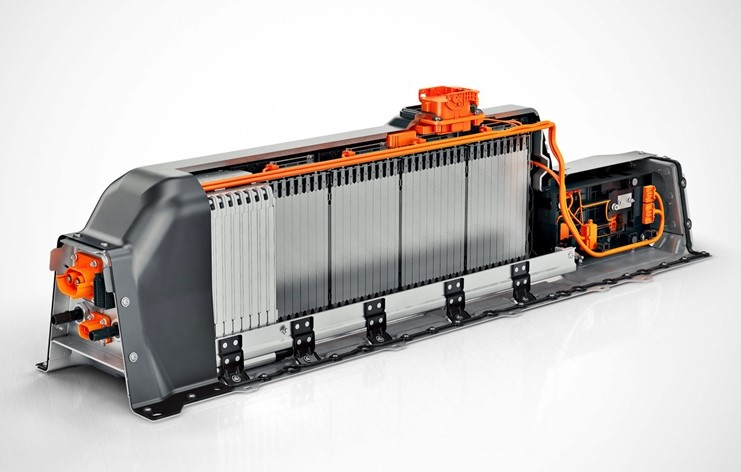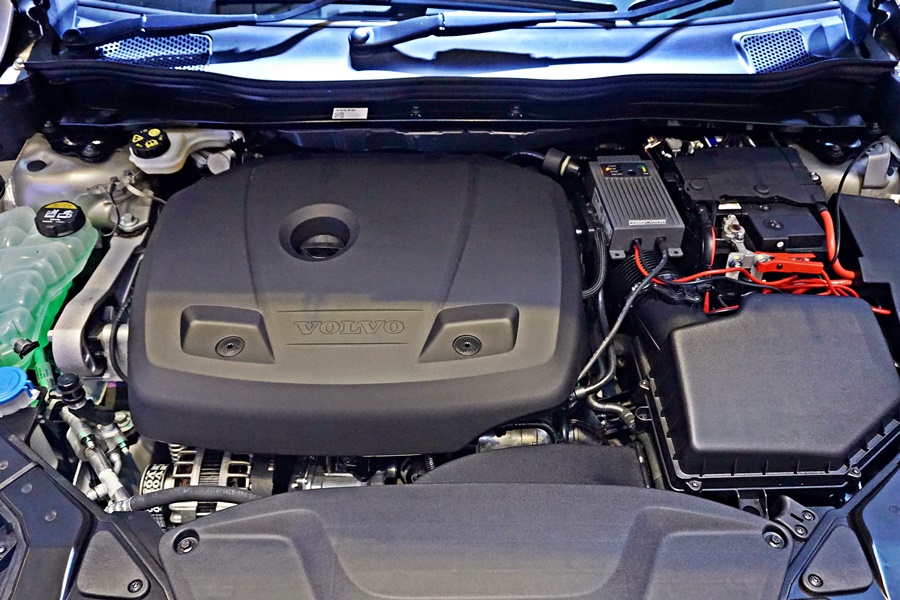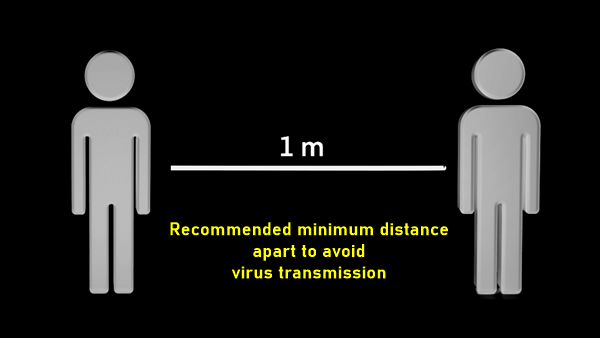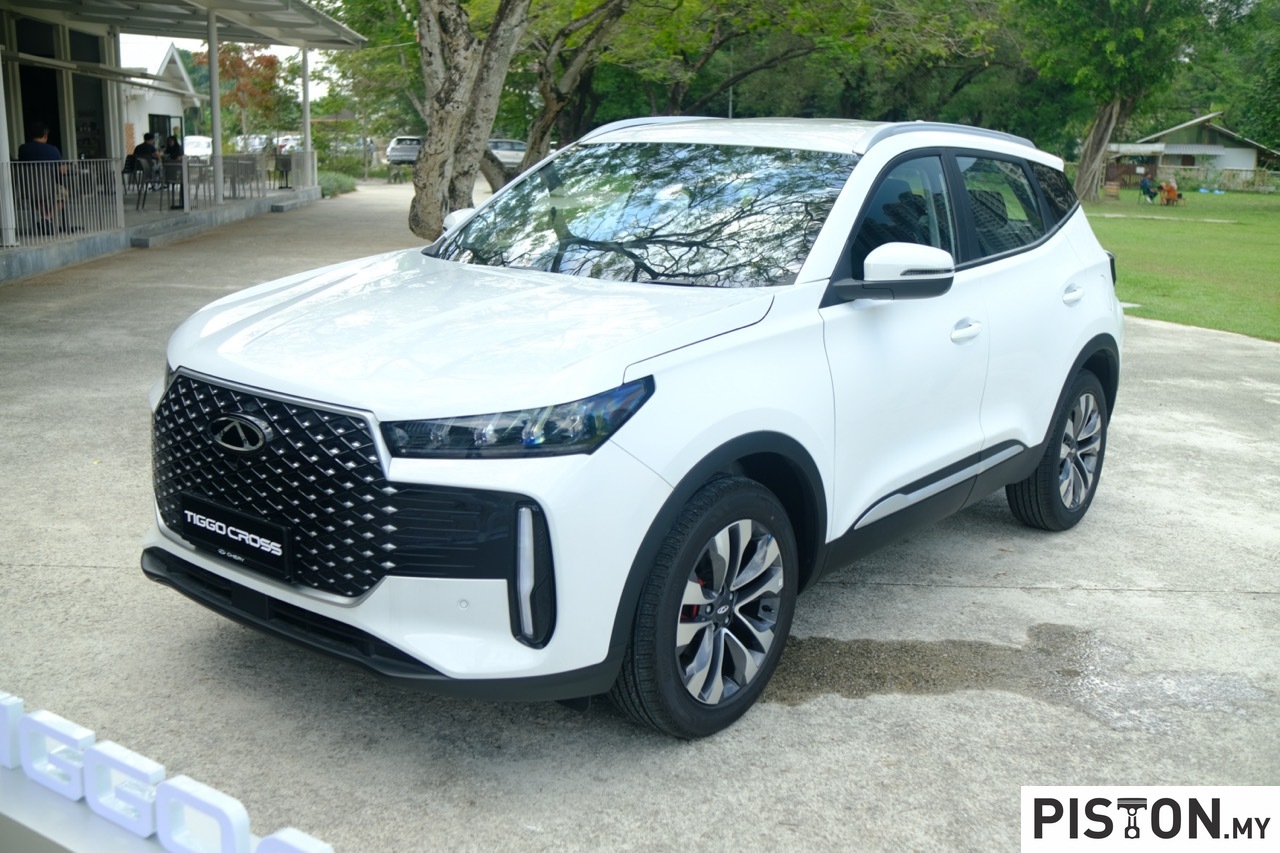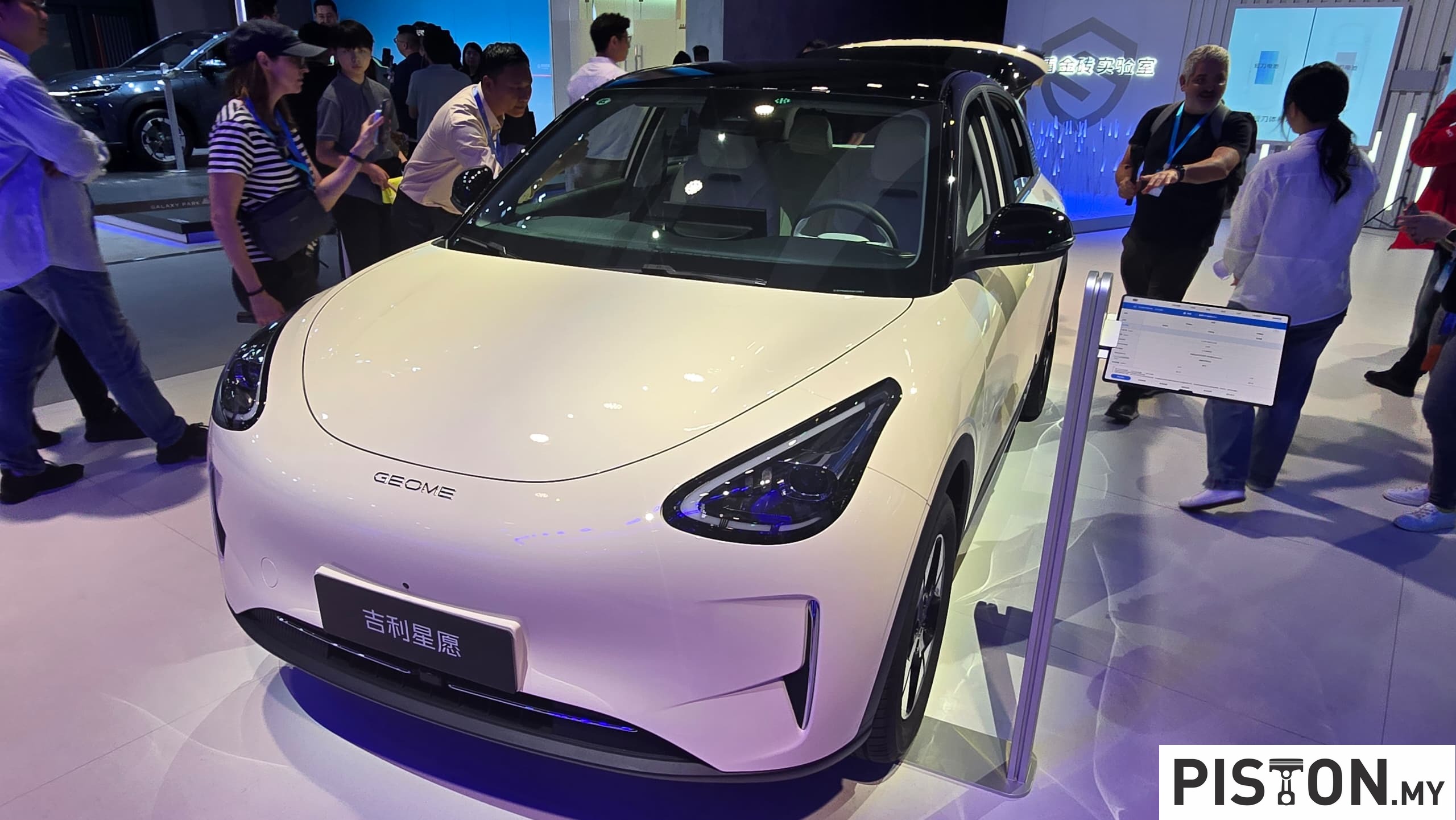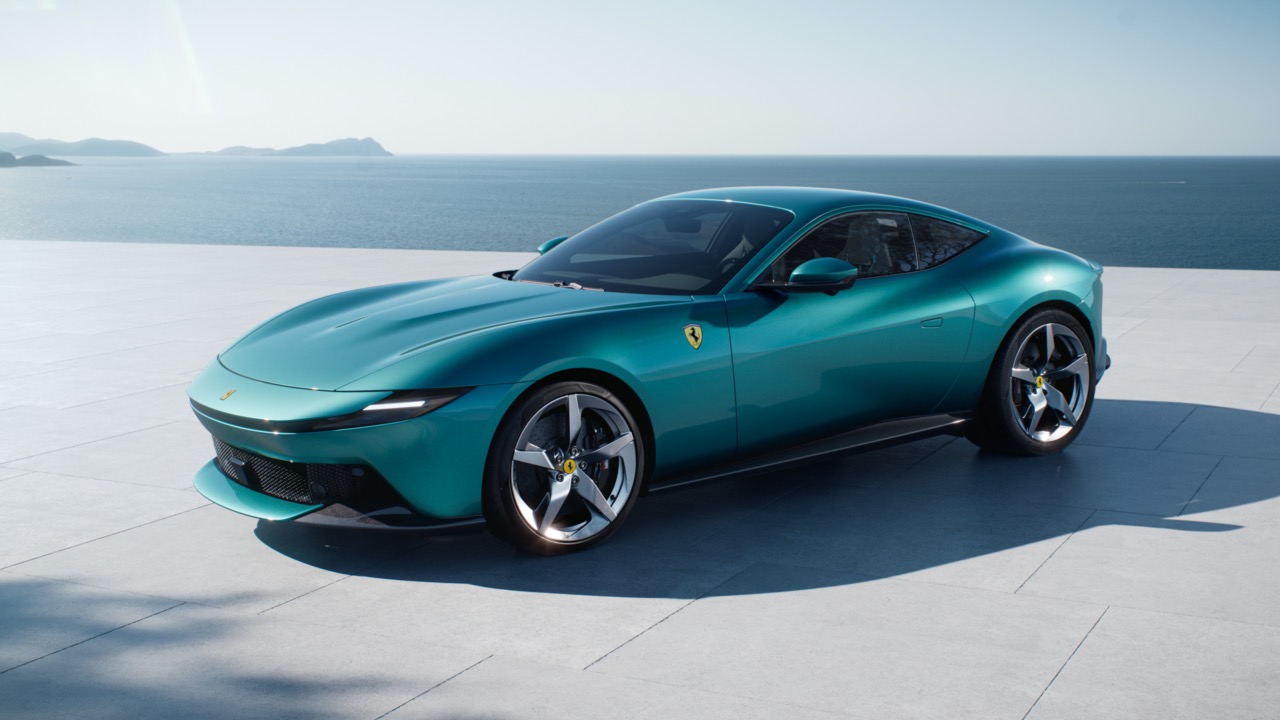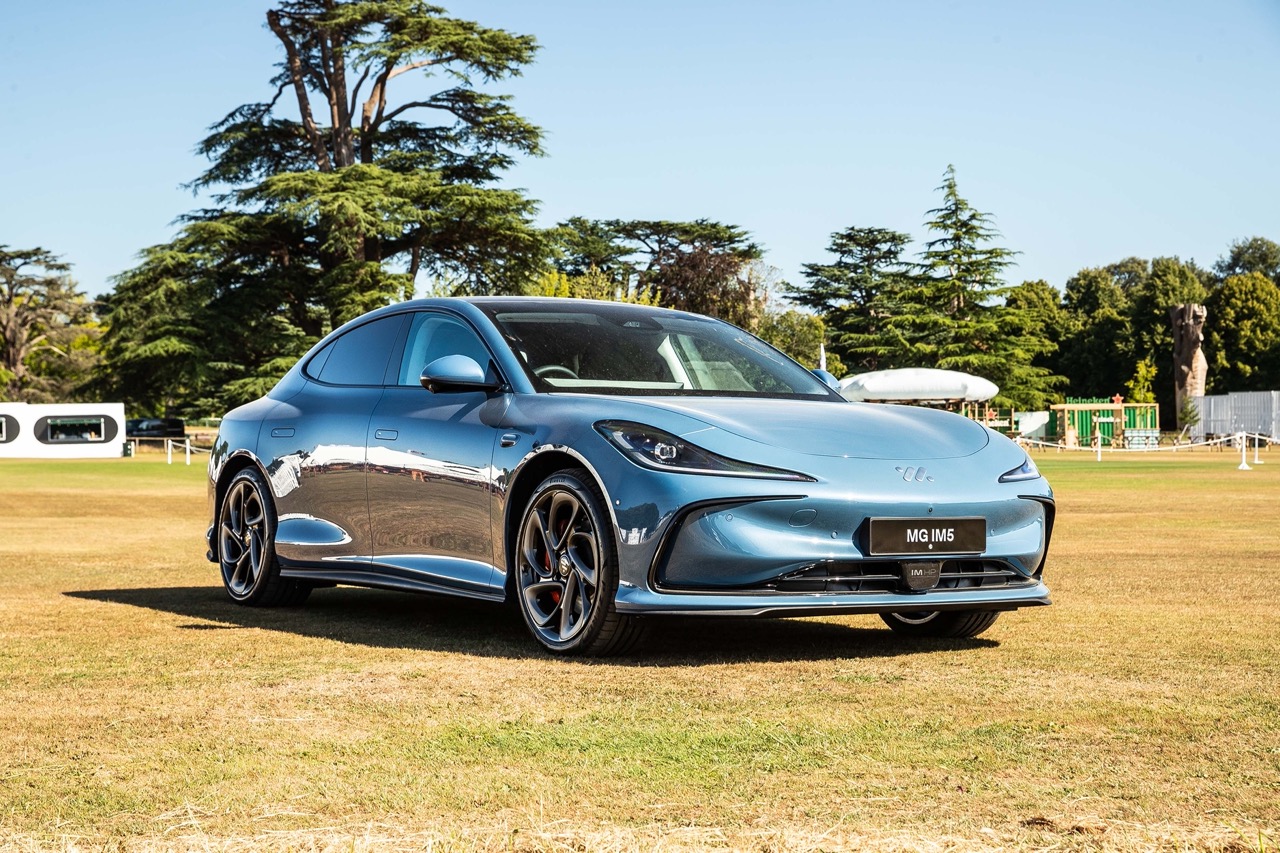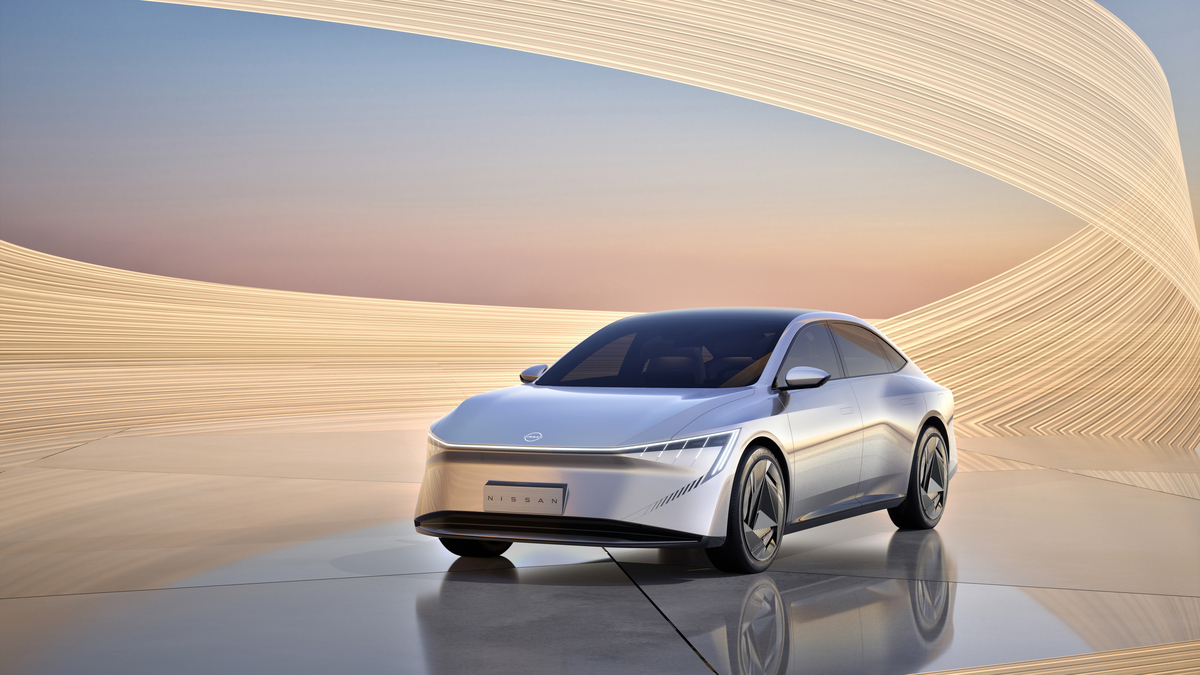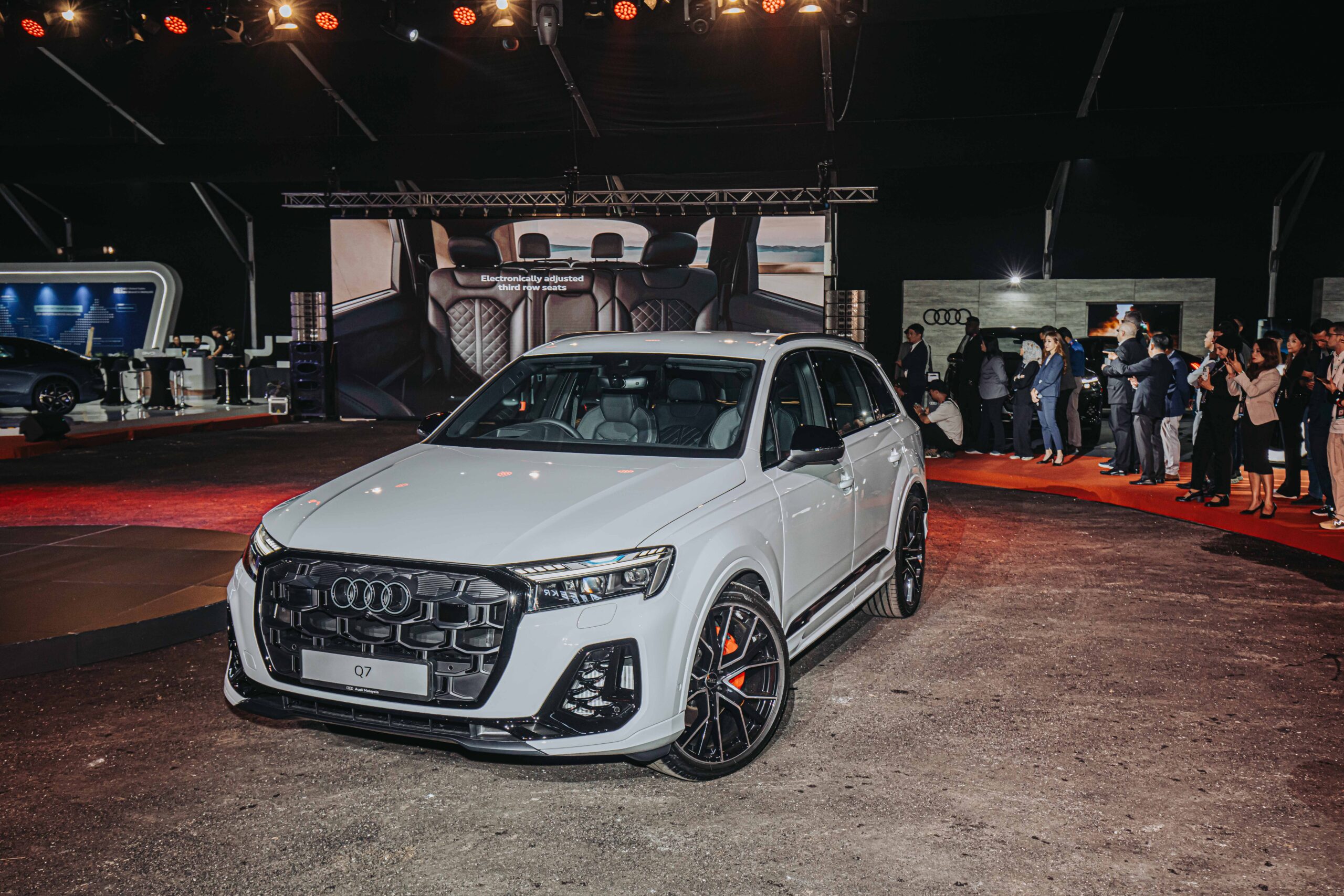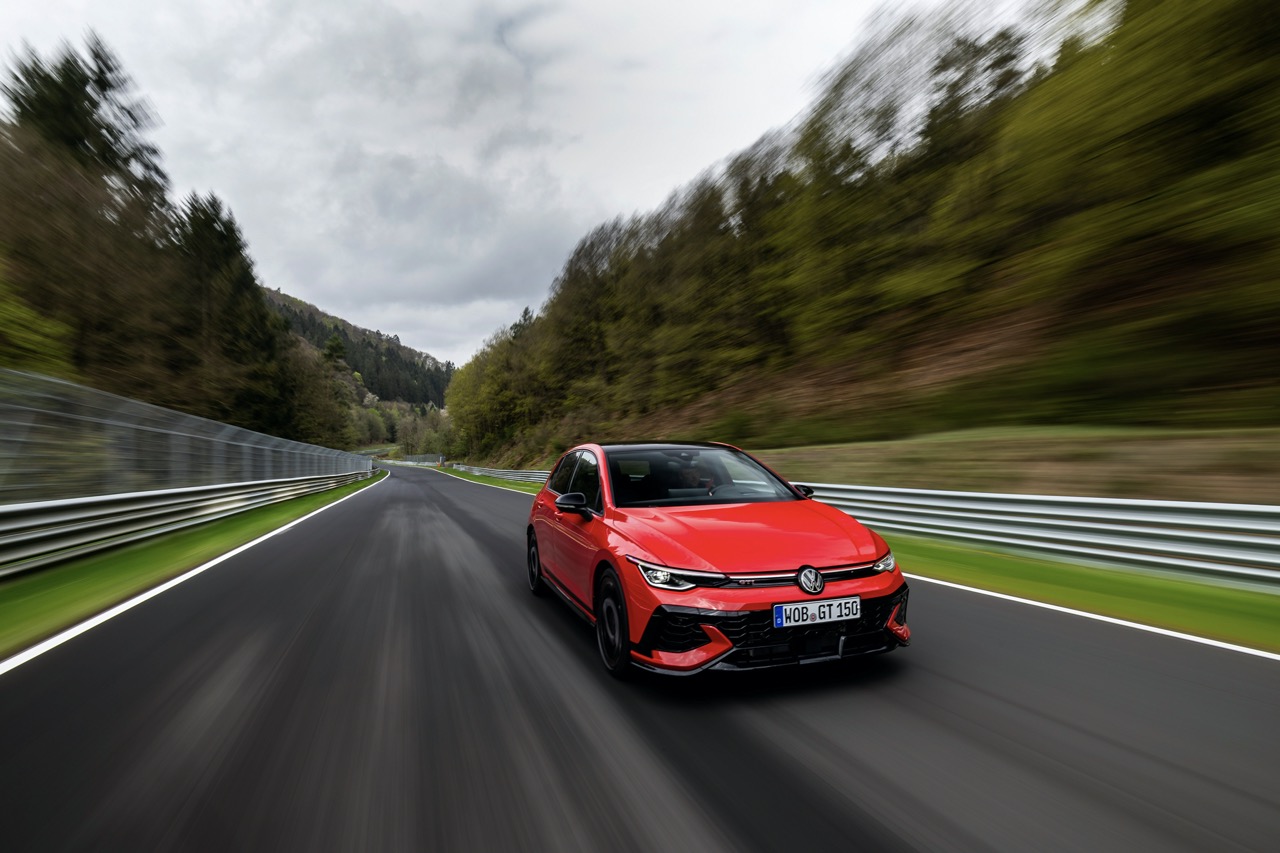Volvos have long been known for their durability and even in the 1960s, when some cars were ‘rust-buckets’ and Japanese cars were perceived to have ‘milo tin’ panels, Volvo was claiming over 10 years of reliable service life which kept on extending to over 20 years.
Of course, that is about the car being able to run reliably for that length of time. There is also the possibility of manufacturing defects occasionally, for which owners expect rectification or replacement at no charge. This is typically covered by a warranty from the manufacturer, and it used to for the first year and 20,000 kms. Volvo naturally provided such a warranty even though its cars were very durable.
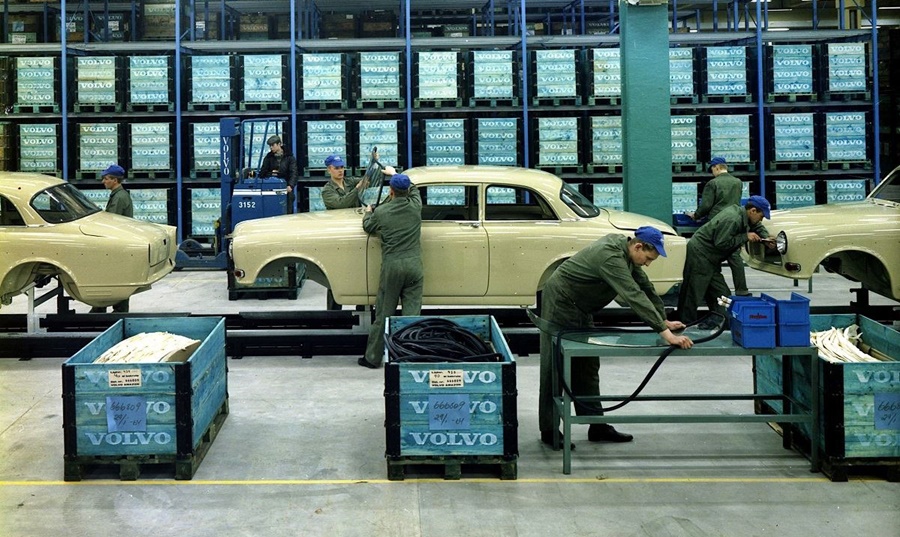
Standard 3 years + 2 more
Like other companies, Volvo’s warranty periods have progressively extended, and in 2021, owners of their new vehicles in Malaysia will enjoy a longer coverage period of 5 years, with no limit on mileage. Prior to this, new Volvos came with a standard 3-year or 100,000 km factory warranty with a combined 2-year or 20,000 km Extended Warranty Programme provided by an external insurance partner.
“This new offering is part of our dedication to quality, particularly in relation to our vehicles and customer relationship. At Volvo Car Malaysia, every decision we make is designed around the customer’s needs and more so to solidify their trust in Volvo. We want our customers to feel supported throughout the ownership of their vehicle and we believe that the new extended factory warranty is a step in the right direction as a premium car brand that is rooted in safety,” said Nalin Jain, MD of Volvo Car Malaysia (VCM).
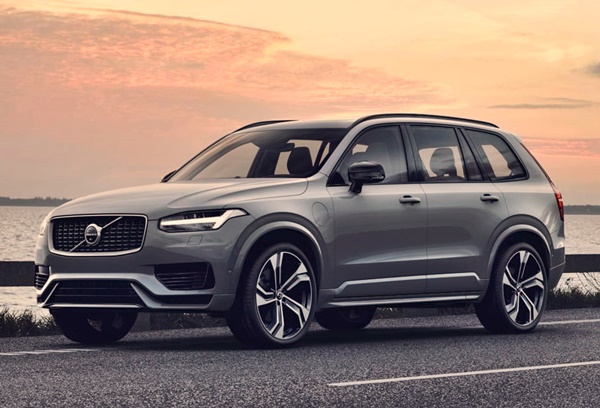
8 years for PHEV battery pack
In December 2020, VCM also announced that the battery pack in Volvo’s Plug-in Hybrid Vehicle (PHEV) models would have an extended warranty period of up to 8 years or a maximum of 160,000 kms. The long warranty has been offered by other manufacturers in view of the high replacement cost of a battery pack.
Like the small 12V battery that has been present in the engine bay for decades, the high-voltage battery pack has a certain service lifespan but it cannot be certain. Its life depends on usage conditions, manufacturing quality and other factors and it may be short or it may surprise by being very long. But unlike the 12V battery, a battery pack for t hybrid vehicles is many thousands of ringgit.
“Our end goal of this initiative is to allow our valued customers to feel the utmost comfort when driving a Volvo car, free of worries. We allow them to fully experience the innovation and technology that goes into each one of our cars, and by doing so we are able to provide our customers with the freedom to move in a personal, sustainable and safe way,” said Mr. Nalin, adding that the extended factory warranty is vehicles that are registered for private use and not applicable to vehicles registered or used for commercial purposes.
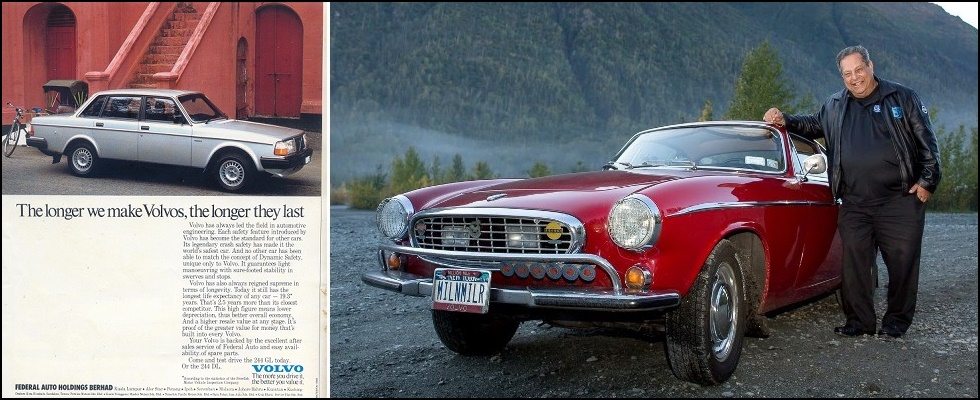
Pros and cons of longer warranties
Long warranties may please car-buyers as it means they have coverage for a longer period, which is good for those who plan to keep their cars for many years. Furthermore, the warranty is usually transferable (if still in effect), which can add a bit more to resale value.
However, warranty conditions typically require the owner to adhere to the specified service intervals, and to use only an authorised service centre of the brand (and of course, genuine replacement parts). Some companies can be strict about this and if an owner misses a scheduled service or even does it well past the due time, the warranty could be terminated.
In fact, this issue of ensuring scheduled service on time to avoid voiding the warranty worried owners last year when the first Movement Control Order (MCO) was introduced. As they could not get to their service centres (which were also closed), there was the fear that they might lose their warranty. The car companies were quick to assure their customers that the warranty would not be cancelled if they were unable to send their vehicles in for servicing, but they had to do so within 30 days after the MCO was lifted.
A longer warranty which forces an owner to keep using an authorised service centre may not be welcome by all customers. While we recommend using authorised service centres for their expertise with a specific brand, we can understand that there may be owners who prefer to use independent workshops which may charge less. For such owners, the warranty conditions that require them to use only an authorised service centre may not be good.
It should be noted too that there are two types of warranties. Different manufacturers will have different approaches and some may offer a long factory warranty which has broad coverage from the first day to the last day.
Then there are companies which offer a longer warranty that is coupled to the original one that covers the first few years. The additional years are, however, covered by another party like an insurance policy. However, the fine print may reveal that for the extra years, the coverage is slightly different and certain items may not be covered when they had been covered before by the original warranty.
Customers should therefore ask for clarification about this at the time of purchase. Some companies may have a deal with the external party to provide identical coverage terms, and some may not. Many years ago, owners of a certain European brand found, to their surprise, that warranty claims were not entertained for certain items (even though the warranty was still in effect). This came to light when the brand changed franchise holders and the new franchise holder attempted to get warranty compensation for existing customers.
As for mileage, European brands have long offered unlimited mileage after original registration. Asian brands were more conservative and set a maximum mileage which would apply if it was reached before the number of years ended. Generally, it was a reasonable figure though high-mileage motorists would certainly have preferred an unlimited condition.
With the restriction on movements and interstate travel over the past year, many owners may find that they will get to enjoy the full number of years of warranty coverage, even if there is a mileage limit. They would be travelling less, especially those who are instructed to ‘WFH’ (work from home).
Volvo sales in Malaysia last year were the highest since 1999







